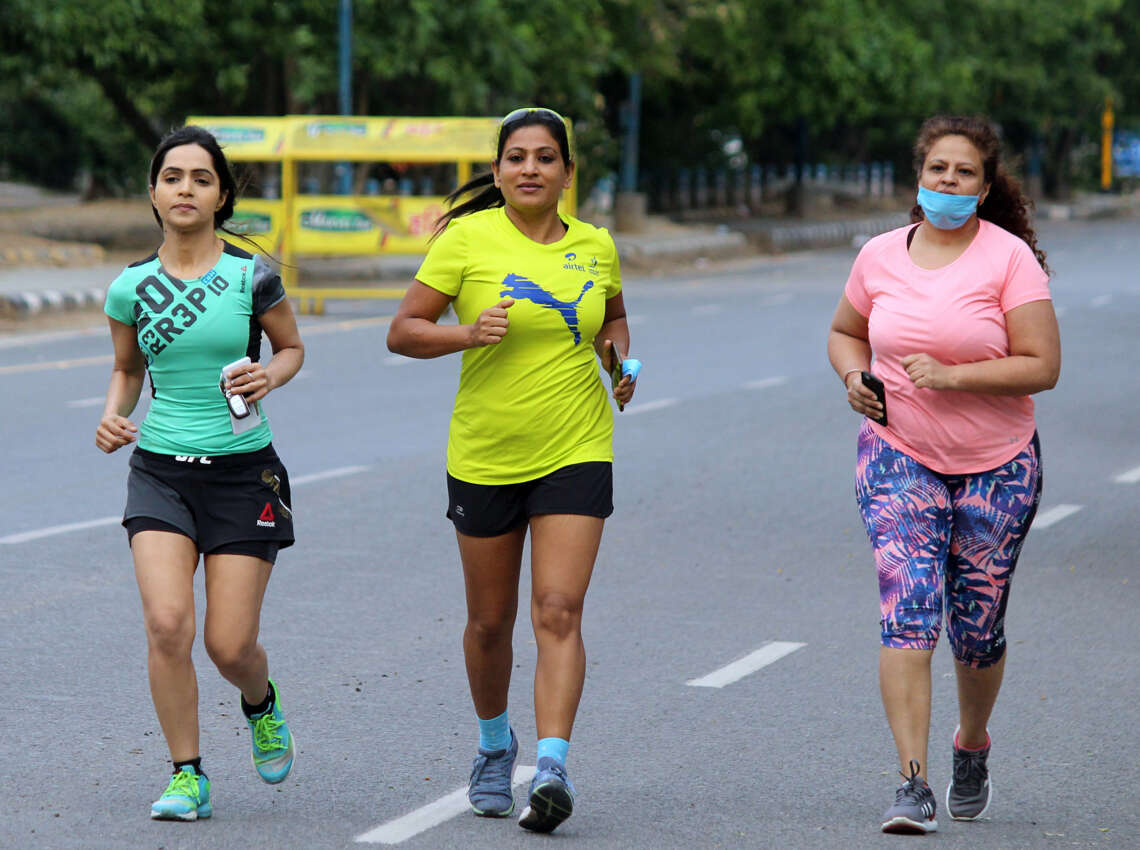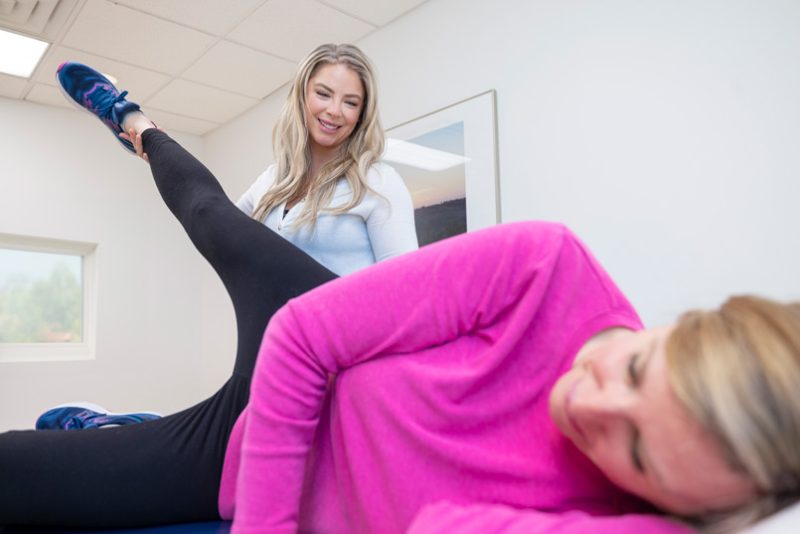Women worrying more, sleeping less: In 2024, the report revealed that 9% more women have been sleeping well past the ideal bedtime when compared to men…reports Asian Lite News
On the morning of this year’s World Sleep Day, Wakefit.co, one of India’s largest D2C sleep and home solutions providers, urges people to go #BackToSleep. Why? Turns out the revelations unearthed in the 7th edition of its Great Indian Sleep Scorecard (GISS) 2024 point to alarming indications of deteriorating sleep quality across the country.
The report revealed that in 2024, 58% of Indians went to bed after 11 pm. Concurrently, the report also indicated that close to half of India woke up feeling tired in the mornings. Moreover, 88% of people wake up multiple times during the night, while 1 in 4 Indians believe they have insomnia given their inability to sleep well. Prevalence of digital exposure as well as rising stress levels seem to enhance India’s sleep woes, social media and OTT emerged as the top reasons for 54% of Indians staying up beyond the ideal bedtime, and a whopping 88% reported using their phones just before bedtime. Additionally, over 30% of people stay up worrying about their future late at night. Interestingly, while 31% of India believe that a better mattress and consistent sleep routine will help improve the quality of sleep, another 38% believe that avoiding digital devices will do the trick.
As the largest sleep study with close to 2.5 Lakh Indians’ responses garnered across 7 years and 10,000+ responses this year, the GISS study unveils significant insights into the sleep patterns of Indians. The report also delves into crucial observations and trends across various age groups, genders, and demographic segments.
The key findings and observations from the survey are elucidated below.
Midnights in metros: The GISS report paints a vivid picture of the nocturnal landscape across urban India, revealing sleep habits and trends as diverse as the cities themselves. The report revealed that half of Gurugram’s population and around 46% in Mumbai, Delhi, and Kolkata stay up beyond the ideal bedtime, with 61% in Gurugram waking up feeling tired. Social media keeps 43% of Hyderabad, Chennai, and Bengaluru residents up late. Work pressures cause late nights for 33% in Chennai, Gurugram, and Hyderabad, the highest in India among all other cities. Delhi leads in workday sleepiness at 60%, with others averaging 55%. Chennai uniquely reports a 72% higher trend of sleeping outside conventional beds. While 33% of Chennai, Delhi, and Kolkata believe in the power of a better mattress to improve the quality of sleep, 36% of Bengaluru and Mumbai felt a consistent sleep routine will do so.
Women worrying more, sleeping less: In 2024, the report revealed that 9% more women have been sleeping well past the ideal bedtime when compared to men. This could be one of the reasons contributing to a significant 20% higher morning tiredness among women vs. men. Further compounding the issue is a 50% higher incidence of women waking up more than 3 times at night when compared to their male counterparts. Additionally, the concerns that keep them awake are notable, with a 20% higher incidence of women staying up late, worrying over future uncertainties than men. These insights not only reflect the complexity of sleep experiences among women but also hint at the broader implications of lifestyle, stress, and perhaps societal roles on their sleep health.
Gen Z and millennials ditch gadgets, Gen X love their mattresses: The GISS report revealed intriguing age-related sleep patterns across different age groups. A notable 48% of individuals aged 18 to 30 went to bed post 11 pm, highlighting a trend towards later bedtimes in this age group. Gen X isn’t immune to the lures of late-night screen time either, with 42% admitting to doom scrolling into the wee hours. The concerns of under-18-year-olds are palpable, as 43% of them reported being burdened by anxieties about the future. Solutions to these sleep challenges vary by age, with 37% of 18-30 year-olds believing that keeping digital devices at bay before sleep will enhance sleep quality, while 33% of those above the age of 45 lean towards the comfort of a better mattress. The impact of these disrupted sleep patterns is felt the next day, with a staggering 65% of Gen Z and millennials reporting sleepiness during work hours, underscoring the need for targeted interventions to address these diverse sleep challenges.
Commenting on The Great Indian Sleep Scorecard 2024, Chaitanya Ramalingegowda, Director and Co-founder of Wakefit.co, said, “In an era where the boundaries between day and night are increasingly blurring, the findings from the latest Great Indian Sleep Scorecard 2024 serve as a critical reflection of our collective sleep health. This year’s findings revealed a notable point where 42% of Gen X have reported doom scrolling late at night. As we navigate through the digital age, the challenge before us is not merely to address the symptoms of sleep deprivation but to redefine our relationship with technology, work, and well-being.”
He added, “At Wakefit.co, we believe in the power of research-led educational content, packaged in byte-sized, digestible formats. The Great Indian Sleep Scorecard, with seven editions and close to 2.5 Lakh respondents, has been a flagship research report, helping us in our endeavor to create awareness about sleep health. We aim to build a future where sleep is not sidelined but celebrated as the third pillar of health, in addition to nutrition and exercise.”
ALSO READ-Moon lander Odysseus to be put to sleep after historic mission














